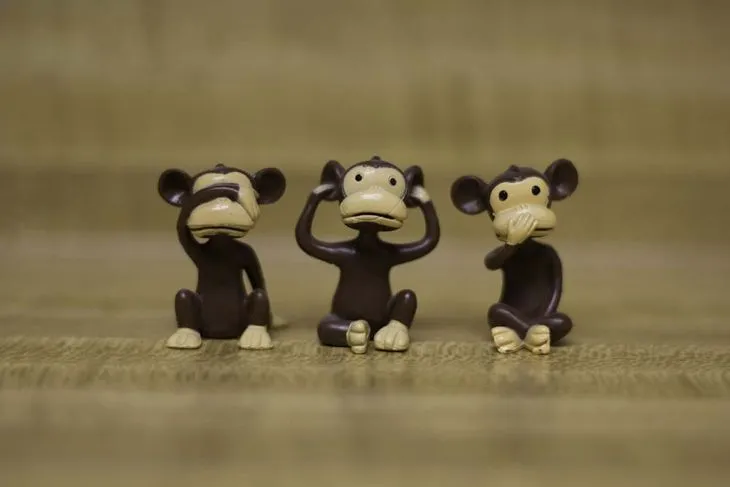(PJ Media) In addition to writing for PJ Media, I also help out with editing duties behind the scenes. We PJ editors try to be as scrupulous as possible. We follow through authors’ links to make sure their info comes from reliable sources. We double-check anything that sounds off to us. We bounce articles back to writers for citations or edits of unsubstantiated claims or conclusions. We work hard to ensure the information PJ Media readers receive is accurate and useful.
But according to Big Tech censors, none of that matters: we’re “unreliable.”
It’s gotten so bad that they’re no longer just knocking conservative media for “misinformation” (as opposed to actual incorrect information, because they can’t say that about our work); they’re penalizing us simply for daring to write anything at all about entire topics they’ve deemed problematic.
A good chunk of our editors’ meetings at PJ Media (and all across the Townhall Media network) is now devoted to the latest reports we have on which of our articles were demonetized by Google. If one of our writers wants to report on climate change, COVID, transgenderism, or election integrity — or even use those terms in an article — it can get snared in Google’s predatory algorithms, which flag our reporting as “unreliable and harmful” or even “dangerous or derogatory.” We are then punished for daring to report on those topics by having our articles stripped of ads.
Ads can be annoying, but they’re also one of the two primary sources of income for our website. Check out the empty holes where ads should be in this screenshot of one of our demonetized stories:

That’s what happens to us when we try to tell you about the things Big Left doesn’t want us to cover. We lose money and our articles get throttled. And as a result of all this pressure, our reporters are now struggling against the urge to self-censor.
I’ve caught myself doing it. I’ll be writing an article and I’ll say to myself, “Better not use that word — it’s a trigger word for the algorithms.” Sometimes I’ll think about writing a report on one of the forbidden topics, then I’ll think to myself, “What’s the point? It’ll get throttled by Facebook and no one will see it,” or “We’ll lose money on it,” and I’ll get discouraged from continuing.
PJ Media reporter Stacey Lennox, a seasoned medical professional, confesses to censoring herself on “everything I ever wrote on COVID until Paula [PJ Media’s managing editor] and I decided to put it all behind the paywall.” Before that, Stacey would sometimes decide to leave out important information, or not to write certain articles at all. “And I was right on all of it,” says the RN. “From sunlight to Vitamin D.”
Victoria Taft has experienced Big Tech interference across her many media outlets. “The guy I have helping me on the podcast often intentionally buries the lead on my pod explainer to be on YouTube,” she says. “But right out of the chute, we got a warning for my interview with an imprisoned J6er. And I stopped posting on LinkedIn for a while after they censored one of my posts — a PJ Media piece — for being ‘misinformation’.” She adds, “Thank God for VIP.”
Matt Margolis reports self-censoring when he writes about certain topics, “Only in the sense that such articles I save for VIP.”
“Thank goodness for VIP,” says Stephen Green, aka VodkaPundit, “for making it possible to keep our readers informed.”






